
The Force of Wind (start time: 7:10) For those living here on Colorado’s Front Range, you’ve likely had close encounters with wind — whether you’ve witnessed in fear branches snapping off trees in a windstorm, or simply looked up to marvel at the UFO-like lenticular cloud formations created by fast westerly winds. Love it or hate it, wind is one of the most powerful, yet overlooked, forces that shape our world. In this week’s show, host Susan Moran, along with cohost Joel Parker, interview Simon Winchester about his just-published, book, The Breath of the Gods: The History and Future of the Wind. Mr. Winchester has written many books, including the New York Times best-seller The Professor and the Madman, as well as Knowing What We Know, and The Perfectionists. His new book explores how wind has influenced everything from the outcomes of war battles, to the advancement of renewable electricity, to the disappearance of several inches of precious top soil across the Great Plains during the Dust Bowl.
Hosts: Susan Moran, Joel Parker
Show Producer: Susan Moran
Engineer: Joel Parker
Contributors: Beth Bennett, Shelley Schlender
Executive Producer: Beth Bennett
Listen to the show here:
Podcast: Play in new window | Download (Duration: 27:01 — 37.1MB)
Subscribe: RSS



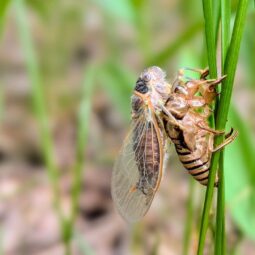
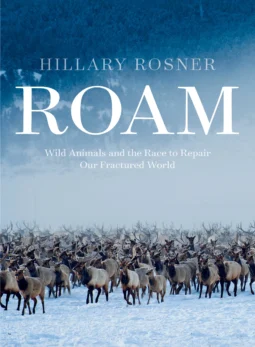
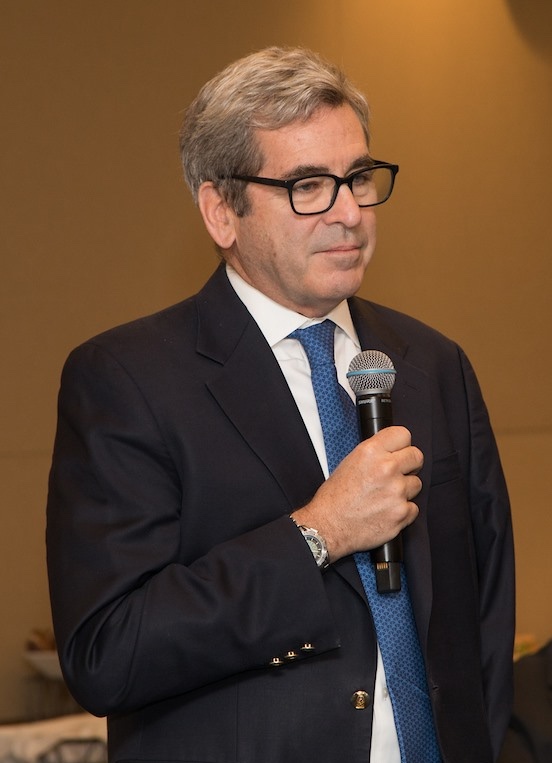 This episode features
This episode features 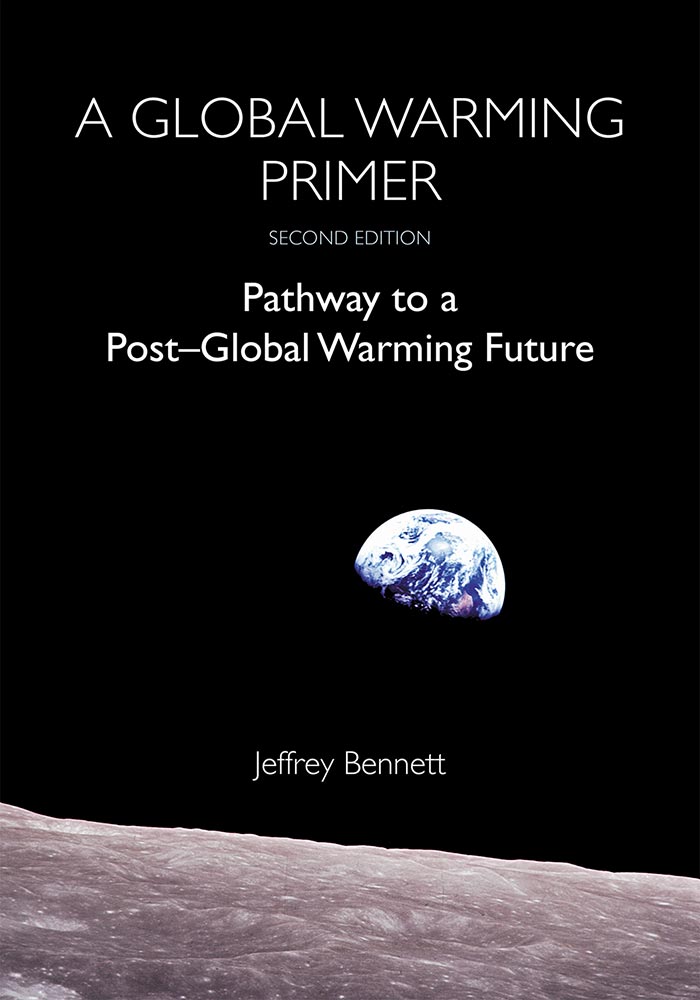 Climate change. Astronomy. A canine astronaut.
Climate change. Astronomy. A canine astronaut. 

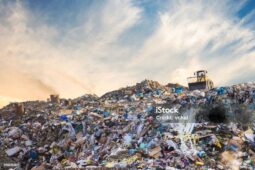
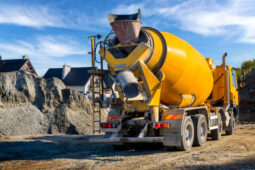
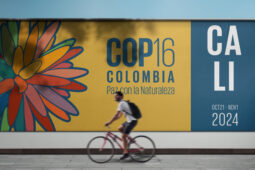 COP16: Hope & Hurdles (start time: 1:20) On this week’s show, host Susan Moran interviews two conservation biologists at Colorado State University —
COP16: Hope & Hurdles (start time: 1:20) On this week’s show, host Susan Moran interviews two conservation biologists at Colorado State University —